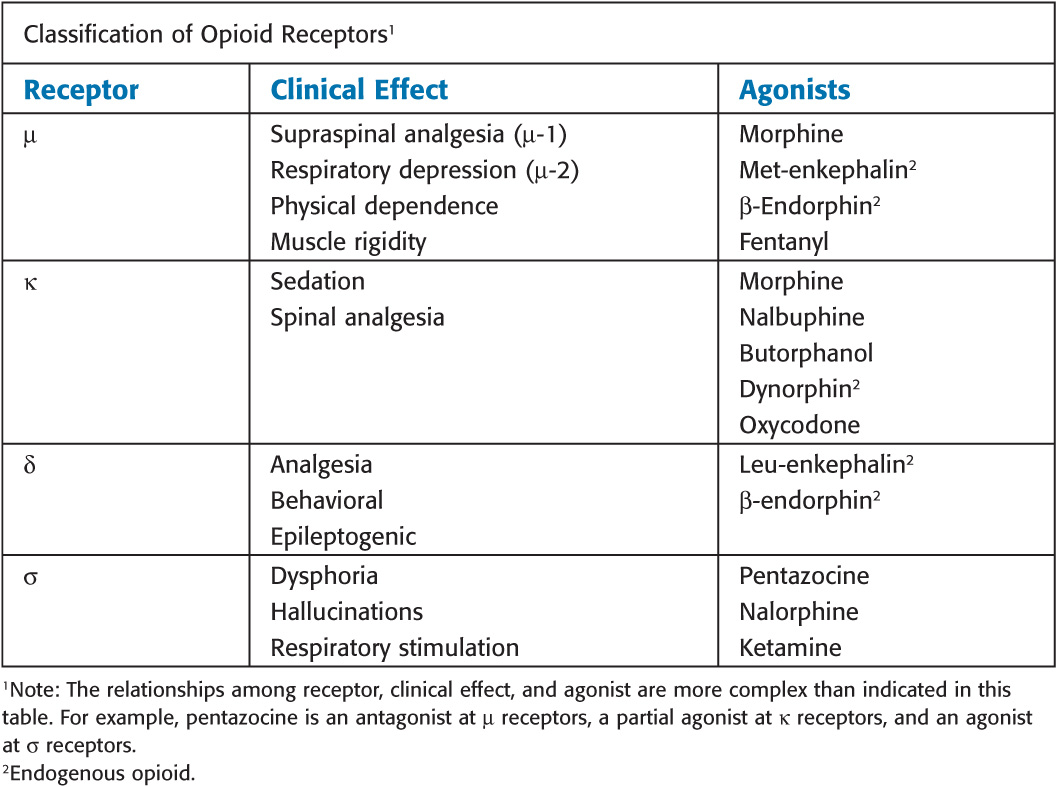COX Inhibitors: General Concepts
Mechanism of Action: Inhibition of cyclooxygenase (COX), the key step in prostaglandin synthesis. COX-1 receptors are widely distributed throughout the body, including gut and in platelets. COX-2 is produced in response to inflammation.
Clinical uses: Agents that inhibit COX nonselectively (e.g., aspirin) inhibit fever, inflammation, pain, and thrombosis. COX-2 selective agents (e.g., acetaminophen [paracetamol], celecoxib, etoricoxib) can used perioperatively without concerns regarding platelet inhibition or gastrointestinal (GI) upset.
Side effects: Although COX-1 inhibition inhibits thrombosis, selective COX-2 inhibition increases the risk of heart attack, thrombosis, and stroke. Aspirin is unique in that it irreversibly inhibits COX-1 by acetylating a serine residue in the enzyme. The irreversible nature of its inhibition underlies the nearly 1-week duration of its clinical effects (e.g., return of platelet aggregation to normal) after drug discontinuation.
Stay updated, free articles. Join our Telegram channel

Full access? Get Clinical Tree







